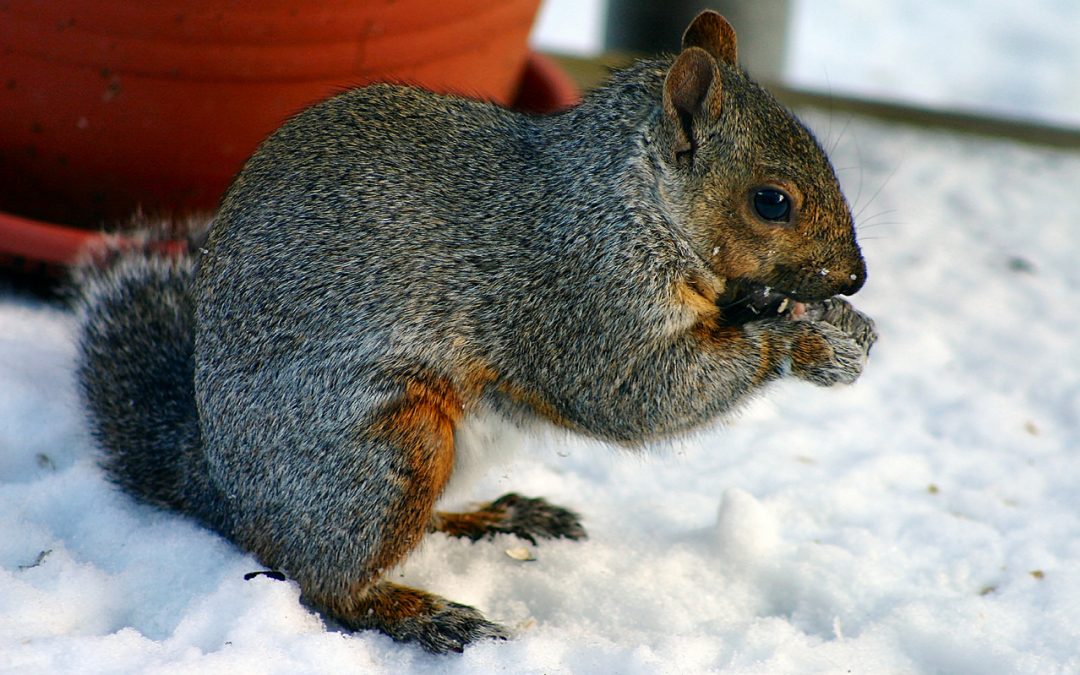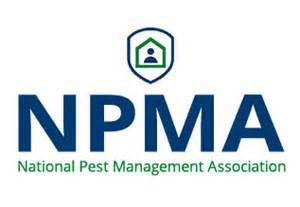Many species of birds fly South for the winter, but most animals do not migrate. The small and large creatures that can be a nuance in the spring and summer are the same wild animals during the winter that can cause damage to property and buildings. The cold weather will alter the activity of some animals but will do nothing to eliminate the diseases they carry.
People who do not want to deal with Wildlife Control In Winter can call a humane animal control company and arrange to have the property and home animal-proofed before the cold weather sets in. If wildlife does become a nuance in the cold weather, animal control experts will be familiar with their habits and can set out bait and equipment for humane trapping. It is important to know what to listen and look for to determine if animals have invaded the home for warmth.
Squirrels
Squirrels are very active all year around. They are not seen as much in the cold weather because they store grains, berries, nuts, and seed in multiple caches for nourishment. This means they can stay in one place for a long time, or at least until the food runs out. The problem is that many squirrels store food in attics.
Once the weather turns chilly, the attic becomes attractive to them. Homeowners may hear noises in the attic or in the walls. If the stored food runs out, they will retreat to another nest somewhere else in the yard. In the interim, squirrels can do extensive damage to the structure. Insulation will be ruined, the wood can become saturated with urine, and debris from the nuts and seeds will attract insects.
Skunks
These wildlife critters do not fully hibernate, contrary to popular belief. They can lower their body temperatures and metabolism to conserve energy for several days or up to a week, which is called a torpor stage. Once that time is up, skunks will leave dens to search for food. Footprints can be seen coming from under porches, decks, and stoops if skunks have burrowed under the ground.
Skunks in the winter practice social thermal regulation. This means they live and sleep in large groups for warmth. It is possible for homeowners to go through most of the cold weather without noticing the skunks, but the damage and odor will be extensive once thawing begins. It is wise to place netting or chicken wire around any open spaces that skunks can hide and dig before the ground freezes.
Chipmunks
It is unlikely that Wildlife Control in Winter will be required for chipmunks. They become less active in the winter and rarely leave their burrows that consist of a series of tunnels underground. They gather food like squirrels, but do not stash them in several places. Food, sleeping space, and room to move around is all available via the underground tunnels. These wild animals appear to be smarter and more efficient than their counterparts.
Be Aware
Homeowners must be aware that larger and more savage animals may also be around during the winter. Food becomes scarce, temperatures in some climates are getting colder for longer periods of time, and coyotes, deer, and raccoons may approach the property for warmth or nourishment. If larger tracks are noticed, place a call to animal control just to keep them abreast of the situation.



Recent Comments